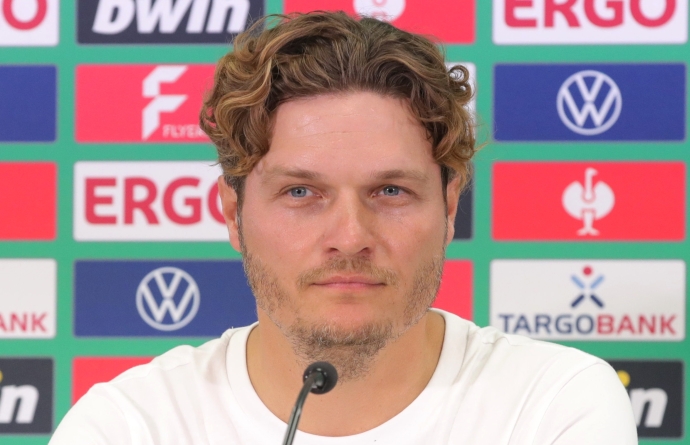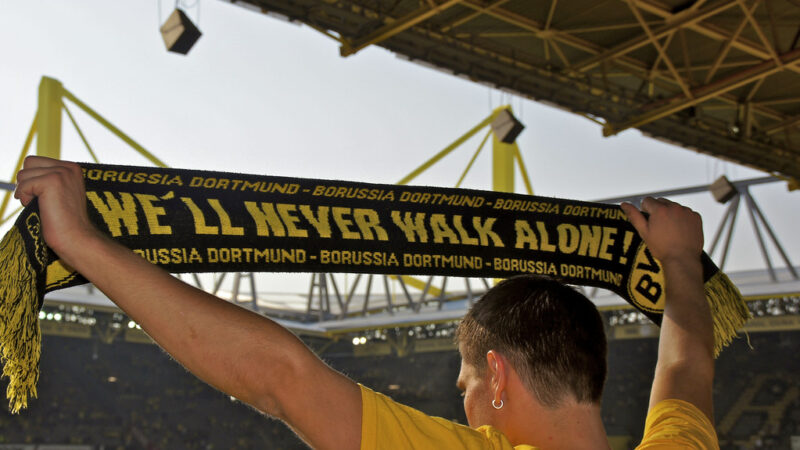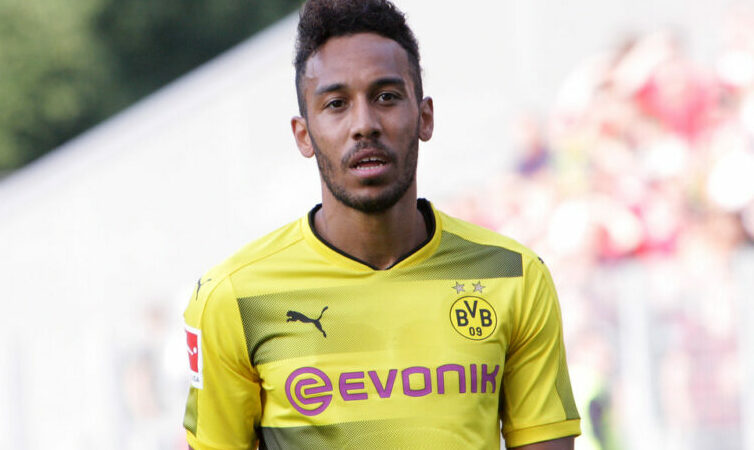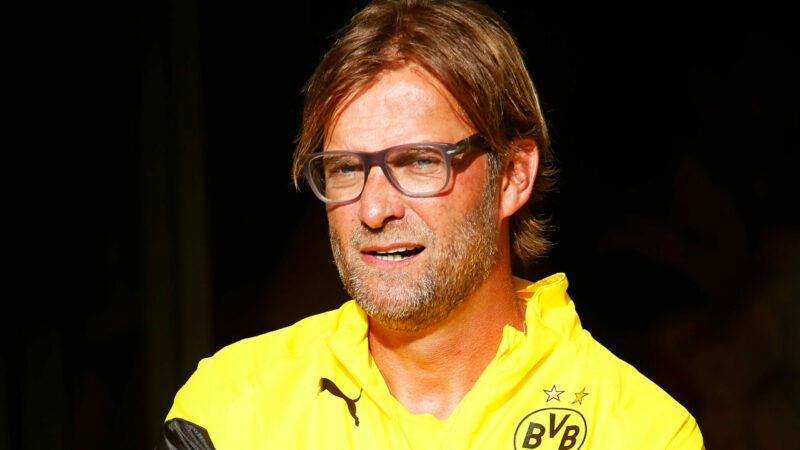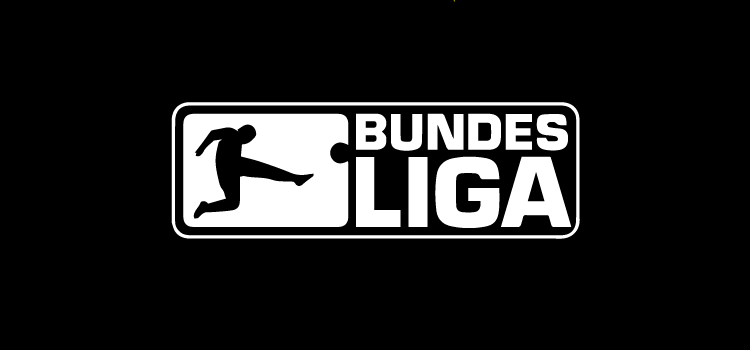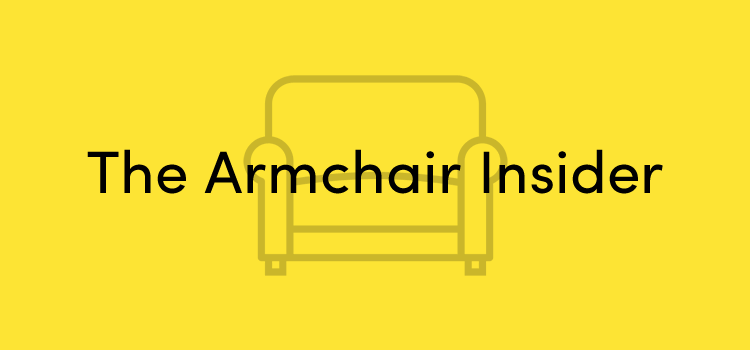Captain Fantastic Returns, Rescues Dortmund’s European Campaign
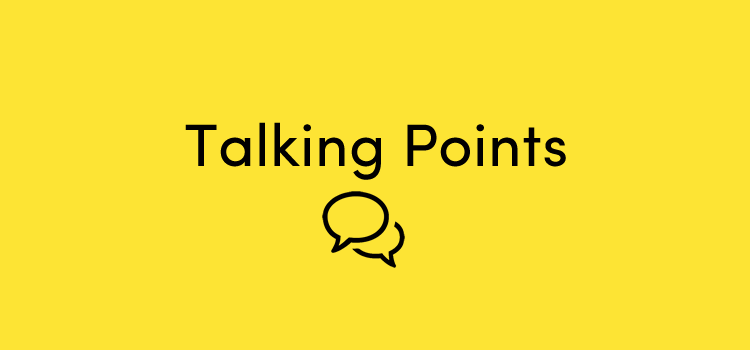
As magical as European competition can be, sometimes advancement is as simple as outlasting your opponent. So it was for Dortmund in the second leg of their elimination tie with Atalanta in Bergamo Italy. The visitors arrived carrying a 1 goal advantage, but having conceded 2 away goals in the first leg, it was essential that Dortmund put in a quality performance, as a 1-0 defeat would have seen their opponents advance. Atalanta gave Dortmund every last bit of resistance they could handle, and for 72 minutes, looked as though they would upset die Schwarzgelben to advance. However, a late attacking surge provided enough of an opportunity for captain Marcel Schmelzer to tie the match, preserving Dortmund’s aggregate advantage and sending them through to final 16 match with Austrian club FC Salzburg.
No Place In The Game
Sadly, before going into anything related to the actual match, we must once again discuss allegations of disgusting, inexcusable behaviour by fans of an Italian club. Michy Batshuayi took to Twitter after the match to respond to racial abuse he could hear from the pitch. The Belgian striker, who has been brilliant since joining on loan from Chelsea at the end of the January transfer window, alleged on the social media platform that he could hear monkey calls from the stands in Bergamo. In a brilliant response to the hateful taunts, he invited those fans to enjoy watching Dortmund advance in the Europa League while their club stays home, and finished his comments with a hashtag advising those fans to go watch the landmark new superhero film, Black Panther.
Despite a two decades long effort by the “Kick It Out” and other respect-driven movements in the game, this disgusting behaviour still happens way too much, and Italian fans have more to answer for than most. Whether it is a banana on the pitch, vile language or mere suggestion through a gesture or sign, racism of any kind is not tolerated throughout the football community. Players in the past have issued their own brand of swift justice for such offensive language on the pitch, but they cannot stop the abuse from the stands themselves. It takes an effort by every supporter to make football matches safe and inclusive for any fan or player of any race. It is important to note that the noise Batshuayi heard was from a vast minority of Atalanta supporters present, but their behaviour has brought negative attention to their club and the sport, which is to nobody’s benefit.
First Half Struggles
If Peter Stoeger was hoping for his Dortmund side to start the second leg strong, helping to shield their fragile 1 goal aggregate lead, he was left sorely disappointed. Despite dominating the ball for much of the first half, die Schwarzgelben could not penetrate the organised Atalanta defence. They kept meeting stiff resistance as the neared the Atalanta goal, and a Roman Burki mistake from a corner kick left Rafael Toloi free to nod the ball home in the 11th minute. The lethargic Dortmund response failed to put the hosts under any sustained pressure, and Atalanta missed two quality scoring chances to leave Dortmund with a much tougher job in the second half.
Stoeger was incensed with the first half display in his post match comments, claiming the players neither worked hard enough nor executed on the concepts they discussed leading into the match. Dortmund finished the first half without a shot on target, and it was clear that the team lacked answers to Atalanta’s defence, and left themselves wide open to counter attacks when they did lose the ball. Their play would improve in the second half, but they would need a goal of their own to advance after conceding 2 away goals in the first leg.
Dearth of Creativity
As has happened from time to time since Stoeger assumed control of the team, Dortmund struggled to create opportunities for themselves throughout most of the match. Nuri Sahin started in place of the unavailable Julian Weigl and did well to recycle possession with his midfield partner Mahmoud Dahoud, but the attacking midfielders Mario Gotze, Andre Schurrle and Christian Pulisic were ineffectual in getting the ball into scoring positions. Michy Batshuayi was tightly marked all night by the tough Atalanta defence, and he was unable to find the target until the second half, when his effort was taken directly at the keeper. The situation improved with the introduction of Marco Reus for Christian Pulisic, whose lightning pace and fresh legs helped Dortmund press more intensely further up the pitch.
Peter Stoeger is a far more pragmatic manager than his predecessor, and as a result, requires far more of his team defensively. This approach has been beneficial to the results, as they concede far fewer soft goals than they did when Bosz was in charge. However, the increased defensive responsibility has, at times, seemed to rob the side of its creative spark. After years of playing for uptempo, high-press favouring managers, the players do not yet look fully comfortable starting attacks from deeper, utilising patient buildup to get into scoring position. When the opportunity arises, Dortmund can still counter attack at frightening pace, especially with Reus on the pitch, but they struggled for answers against Atalanta, who made a conscious effort to nullify that aspect of the Dortmund attack. On balance, the team is far better off under Stoeger than Bosz, but later in the competition when facing some of Europe’s best clubs, Dortmund can not afford to lose their threatening attack for long stretches of the match and still expect to come out on top.
The Captain and Marco
Mercifully for Stoeger, his substitutions worked a treat in the second half, starting with the removal of a struggling Jermey Toljan for returning club captain, Marcel Schmelzer at left back. Toljan’s passing was wayward in the first, leaving his team scrambling back to defend on more than one occasion, but Schmelzer was his typically composed self when he came on. Dortmund were definitely sharper in the second half, but it wasn’t until Pulisic was hauled off for Marco Reus that they really started to threaten. The unrelenting Atalanta pressure that had kept Dortmund trapped in their own half began to relent with a Reus’ introduction. As Dortmund stretched in search of a goal, Atalanta had two quality opportunities to further their advantage, but were unlucky to miss on Josep Ilicic’s 1 on 1 opportunity with Burki and the Swiss stopper came up big in the 79th minute with a save on a prime Alejandro Gomez opportunity.
Dortmund were still facing elimination when Dahoud was removed for a second striker in Alexander Isak in the 82nd minute, but it was captain Marcel Schmelzer who rode to his team’s rescue just a minute later when he was able to put the rebound from a Marco Reus strike into the back of the net, sealing advancement into the next round. Andre Schurrle had missed a prime opportunity from a Reus layoff pass moments earlier, and time was running out on their chance to advance when Schmelzer came up huge. He had done a marvelous job helping to stabilise the Dortmund defence after his introduction, and he still offers much more than his young teammate, Jeremy Toljan, going forward down the left flank. His return means the team are closer than ever this season to a full-strength squad, just in time for the most vital stretch of the season, where Europa League glory is still very much a possibility.
A Legitimate Favourite?
With just 16 teams remaining, the Europa League is nearing its exciting conclusion, and the remaining teams represent one of the strongest fields in recent memory. Dortmund is joined by fellow Champions League regulars Atletico Madrid and Arsenal, while traditional clubs with European pedigree like AC Milan, Lyon and Marseille also remain. The controversial Red Bull energy drink company has two of its own clubs remaining in the competition, with RB Leipzig and FC Salzburg both still alive. Dortmund will in fact face the sister club of their new Bundesliga rivals as they have drawn Salzburg in the next round. Favourites Atletico Madrid have a straightforward draw against Lokomotiv Moscow while Arsenal and Milan square off in a battle of the rich, leaving Dortmund with a difficult but manageable path to the final. While no team should feel it has a clear advantage over the other clubs still in the competition, Dortmund’s improved health and a tantalising blend of talent and experience in the squad leave them in position to make a real run at the trophy.

